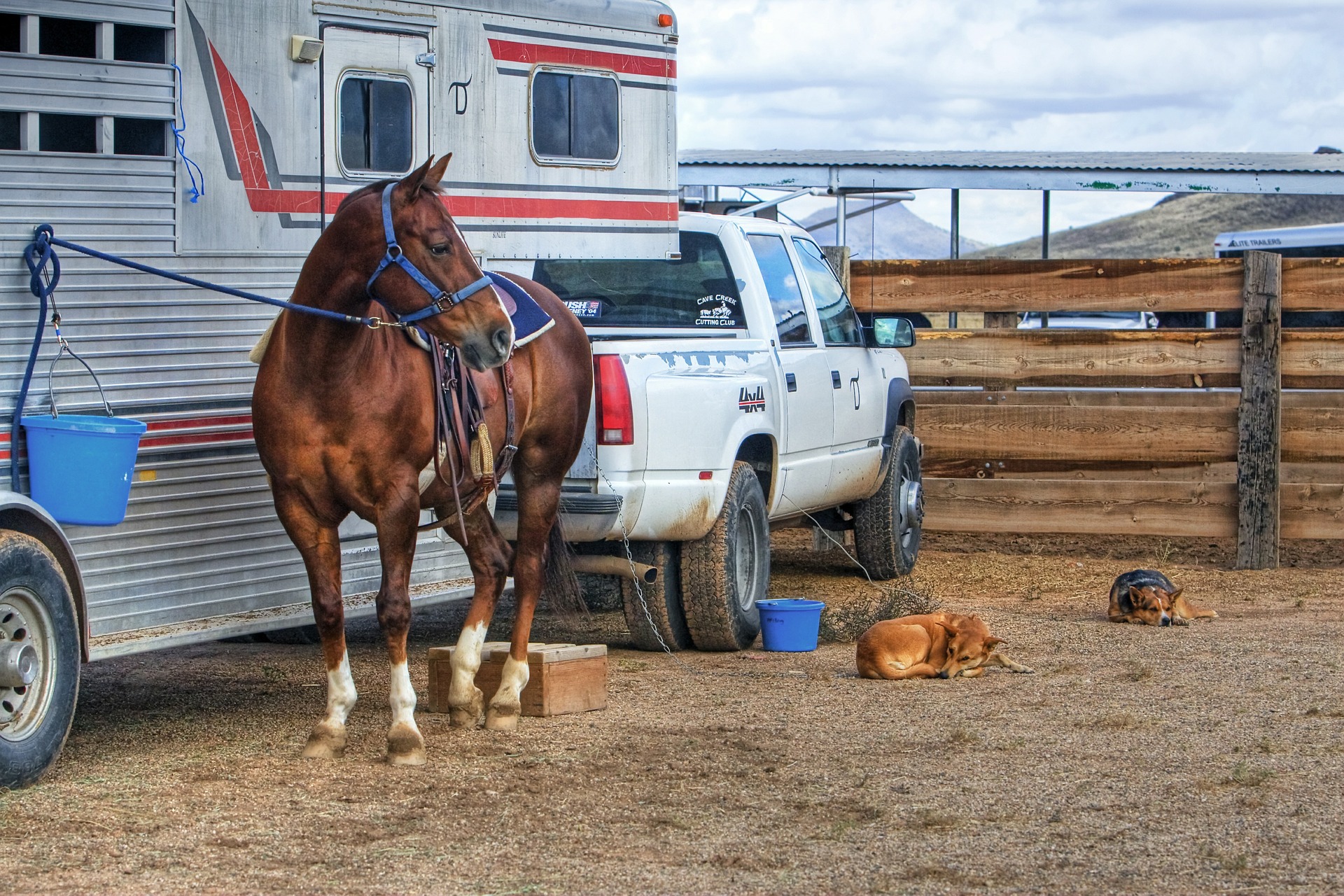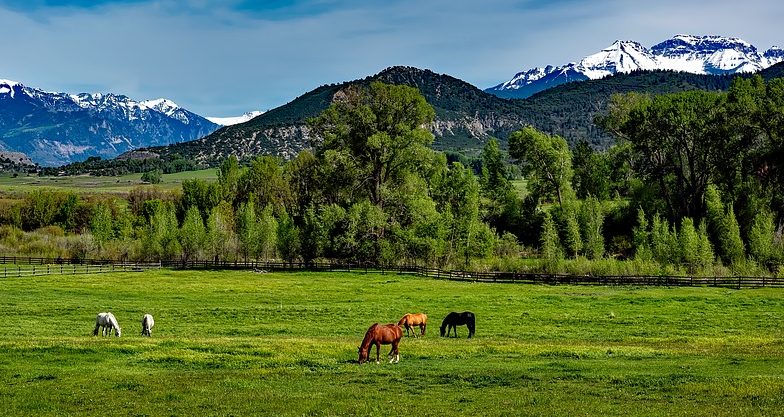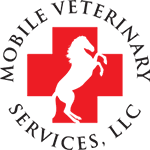 Most horse people are familiar with the dreaded “s- word”: strangles. But if there is a strangles vaccine available, why isn’t vaccination essential for all horses, like the rabies vaccine? What is strangles? Equine strangles is caused by infection with the bacteria...
Most horse people are familiar with the dreaded “s- word”: strangles. But if there is a strangles vaccine available, why isn’t vaccination essential for all horses, like the rabies vaccine? What is strangles? Equine strangles is caused by infection with the bacteria...
 The arrival of spring means long-awaited opportunities for trail riding, clinics, and horse shows. However, travel, new stabling, and the mixing of horse populations can also provide the perfect conditions for the spread of disease. With a little planning and...
The arrival of spring means long-awaited opportunities for trail riding, clinics, and horse shows. However, travel, new stabling, and the mixing of horse populations can also provide the perfect conditions for the spread of disease. With a little planning and...
 Rabies is caused by a virus that infects mammals and is spread through the saliva/bites by infected animals. The virus exists in several wild animal reservoirs, most commonly bats, skunks, raccoons, and foxes. After the virus is transmitted via bite, it replicates in...
Rabies is caused by a virus that infects mammals and is spread through the saliva/bites by infected animals. The virus exists in several wild animal reservoirs, most commonly bats, skunks, raccoons, and foxes. After the virus is transmitted via bite, it replicates in...
 Most horse people are familiar with the dreaded “s- word”: strangles. But if there is a strangles vaccine available, why isn’t vaccination essential for all horses, like the rabies vaccine? What is strangles? Equine strangles is caused by infection with the bacteria...
Most horse people are familiar with the dreaded “s- word”: strangles. But if there is a strangles vaccine available, why isn’t vaccination essential for all horses, like the rabies vaccine? What is strangles? Equine strangles is caused by infection with the bacteria...
 ***This blog was originally written in January of 2020, and as of today, March 24th, 2020, times have changed significantly. With Covid-19 causing the issues that it is, we feel it necessary to add the following statement. Governor Polis on 3/20/2020, in Colorado...
***This blog was originally written in January of 2020, and as of today, March 24th, 2020, times have changed significantly. With Covid-19 causing the issues that it is, we feel it necessary to add the following statement. Governor Polis on 3/20/2020, in Colorado...








